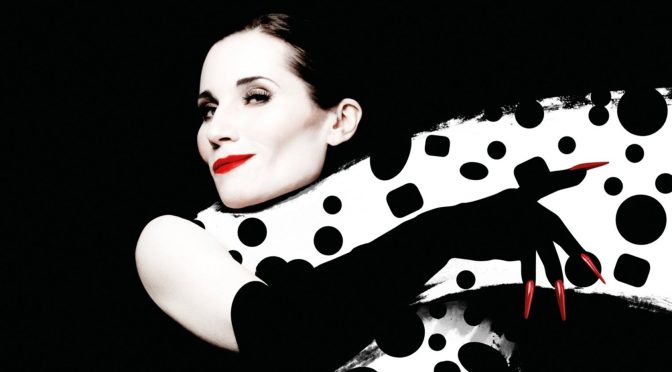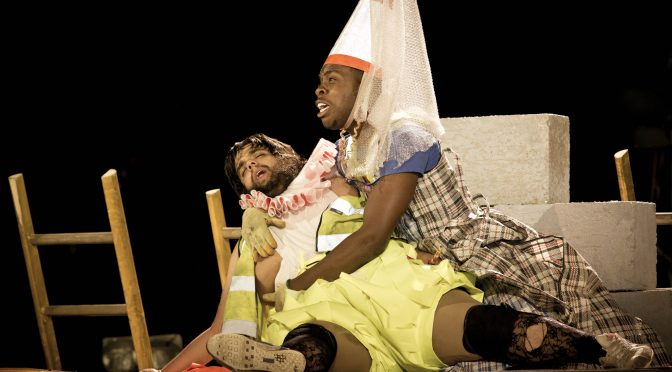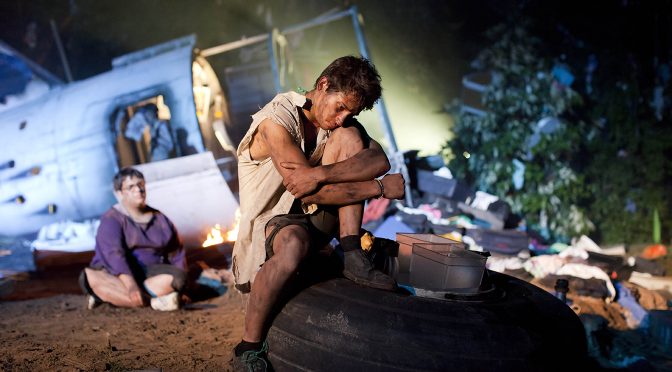While adults like lots of shows that are aimed at kids, giving children’s theatre a broad appeal isn’t a necessary condition for praise. This new musical from Douglas Hodge, based on Dodie Smith’s book, deserves plenty of stars but is aimed so firmly at youngsters it doesn’t offer much to anyone over 12.
Even the average teenager could get restless with the frantic energy in Timothy Sheader’s production. With Toby Olié’s strong puppetry and Colin Richmond’s shouty set, the feeling of a cartoon or Saturday morning TV show fills the stage. If you’re as old as I am, you might end up with a headache.
Which is not to say that the show shouldn’t earn your respect.
There are clever lyrics and jaunty, if not particularly memorable, songs. A stronger second half includes good numbers for children in the cast. It just isn’t a soundtrack you would want to listen to at home. Johnny McKnight’s book (from a stage adaptation by Zinnie Harris) is a touch too crammed and could move quicker – but it is fun.
There’s a great villain too, of course, in Cruella De Vil. Updating the furrier’s best friend into a social media influencer is a great idea. Willing to risk “eternal Dalmatian” in hell to get a coat of puppies is a pun that was the highlight of the night for me. Kate Fleetwood takes the role (and a pair of very high-heeled boots) in her stride and gives a performance to be proud of.
In short, there’s little to fault in the production. Cruella’s accomplices make a pair of nicely old-fashioned crooks for George Bukhari and Jonny Weldon. And there are appealing performances from the dog’s “pets”, i.e., their owners, played by Eric Stroud and Karen Fishwick. Singing for the dogs and being literally a part of the puppet means that Danny Collins and Emma Lucia get even more points. The performances are bright and bouncy; even addressing the audience is done with an eye on their age.
There is a reservation it seems fair to raise – the venue itself. The Open Air Theatre has a tradition of work for children but this gorgeous location doesn’t seem particularly well used. Howard Hudson’s lighting design further on in the show gives an idea of what we are missing. And it is late at this time of the year. With a 7:45 start time for a relatively long show, most of the target audience are well past their bedtime by the time they get home.
Until 28 August 2022



